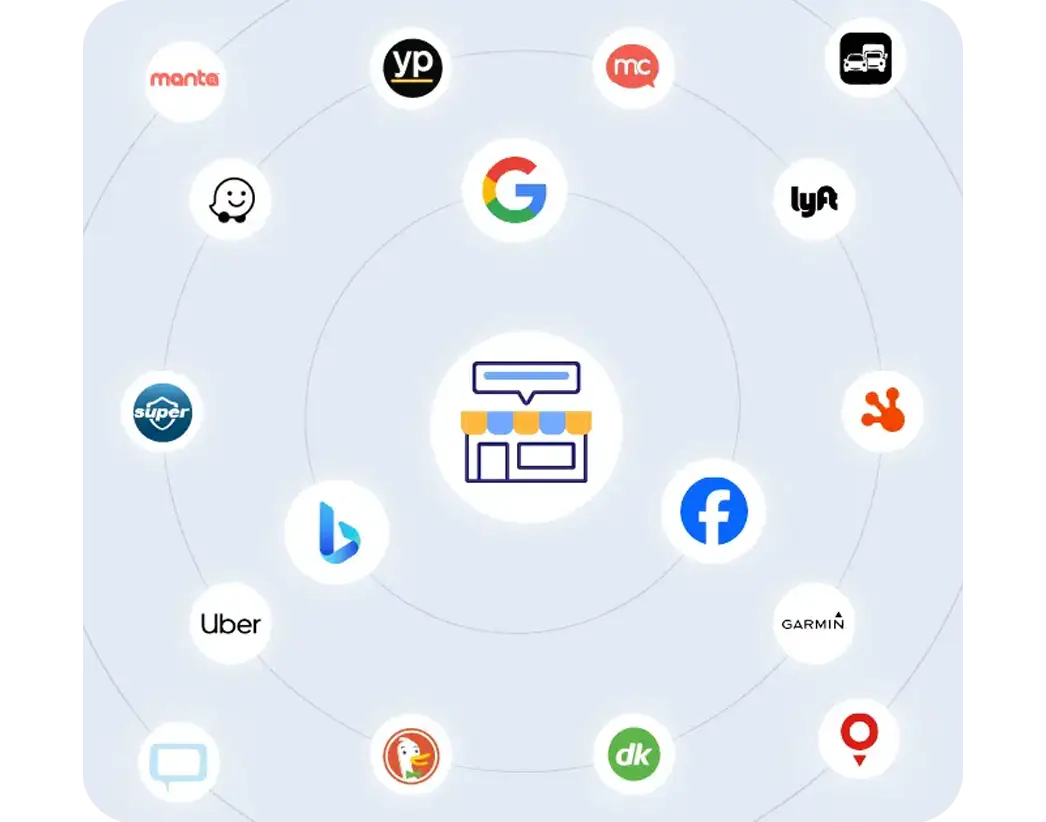Let’s go back in time for a second and review the history of online reviews and the advancement of exchanging advice online. Before this was popular, often we only had “word of mouth” to rely on for recommendations.
Where Did It Start?
Interestingly, the history of online reviews began in 1999, and they were largely contained to specific seller websites such as eBay. The use of reviews had expanded over several platforms, but most have been taken over or acquired by more giant corporations or companies.
Then came online Yellow Pages. Remember those big yellow books we couldn’t get rid of?
In 2001, the Yellow Pages and City Search added an online review feature to their business directories, allowing users to see ratings before becoming patrons of local businesses and no longer serving the need for printing. However, we can assume there are still some floating around.
By 2002, Google bought the Usenet search technology. This changed the dynamic since it granted ownership over all of Usenet’s online discussion groups. This forum contained a search engine,

which allowed users to find relevant information by searching a specific topic. It offered location of interest and viewing archived discussion groups and, therefore, the scope of online reviews and communication transformed.
By 2007, RateItAll and MuseStorm began incorporating online reviews and discussions about companies. They were initially meant to help people find businesses online, not serve as a rating system.
Slowly, Yelp jumped the gun with features that enabled companies to reply to reviews about their business to help create better communication between customers and businesses online.
The trend of these features and communications allowed for modern-day reviews and ratings.
Although online reviews and online reputation have been around for some time, their increase in popularity, the number of review sites and reputation management have been more recent.
How Our Lives Have Changed Because Of Online Reviews
Doesn’t it seem like forever ago? Only it wasn’t. The popularity of online reviews has ramped up in recent years.
With the evolution and development of new platforms, like Yelp or the access to lodging and Airbnb or when Amazon was just a book site, and now dominates consumer goods and reviews. Over time, the scope of online reputation and management began to surround major online companies we all now recognize.

The leading contenders that began to dominate the Internet: Yelp, Amazon, Google, Facebook, and TripAdvisor, gained widespread influence and have had a tremendous impact on the evolution of online reviews and changed how we view and look at businesses today.
How Have Online Reviews Changed Your Life or Business?
We’ve grown so accustomed to relying on reviews; it’s difficult to imagine life before them. Even just 10 years ago, reviews weren’t as dominated or prioritized when choosing products and services.
Even searching on a cell phone is newer than we realize, and often, we take it for granted.
Think of how online reviews started with essential communication and forums to changing the scope of a business. To help a business thrive or fail.
We often forget how much power there is within online reviews and that it wasn’t always the case.
Use Online Reputation Software
Now we can’t go back on the world before online reviews, but now we need reputation management to analyze and maximize them to a business’ advantage.
While managing online reviews can be challenging, there is technology that can help. Using online reputation software is the easiest way to manage your online reviews. Plus, it frees up extra time to attend to your business and provide excellent customer service.
Online reputation software, like ReviewInc, monitors all online reviews on all platforms. It allows for immediate attention to help reduce negative consequences. Your customers can get their issues resolved while protecting your online presence.
Online review software, depending on the version, can be costly. Alternatively, you’d be investing time to hire an employee to manage reviews, or you’d need to take time yourself. Either way, there’s a cost. But one won’t require your time. Using reputation management software offers you peace of mind to run your business effectively.
Whether you choose to manage online reviews manually or utilize online reputation software, you will have to consider your online presence to keep your business running. No matter what platform it is — reputation management software is a necessity for all businesses because of the popularity of online reviews.








